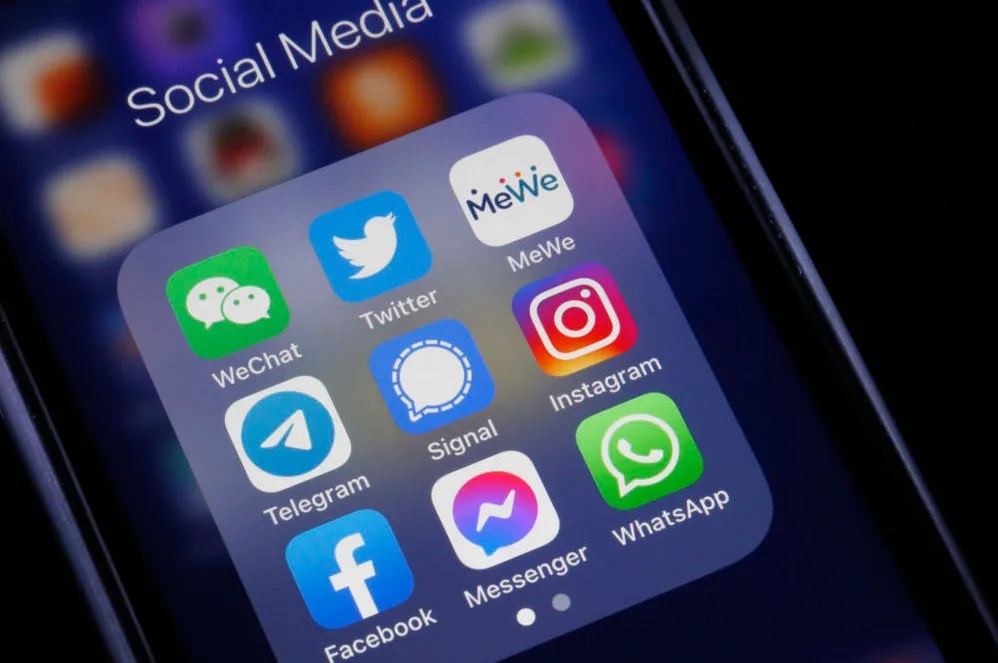Encryption converts plain text into a coded format, making it unreadable to the decryption key. When a message is encrypted, it becomes virtually impossible for unauthorized parties to intercept its contents. Encryption algorithms AES (Advanced Encryption Standard) and RSA (Rivest-Shamir-Adleman) use complex mathematical equations to scramble the data so only the intended recipient can access the original message.
- Threat of mass surveillance
The revelations of mass surveillance programs conducted by governments and intelligence agencies have raised serious concerns about privacy violations. They collect vast amounts of personal data, emails, text messages, and phone calls from citizens and their governments. Encrypted messaging protects against such surveillance, making it much harder for third parties to eavesdrop on private conversations.
- Protecting sensitive information
Encrypted messages are not only essential for personal communication but also for safeguarding sensitive information in various sectors. Businesses use encryption to protect trade secrets, intellectual property, and client data. Healthcare providers use encrypted messaging to ensure the privacy of patient information and regulations like HIPAA (Health Insurance Accountability Act). Journalists and whistle-blowers depend on encryption to communicate securely with sources and expose wrongdoing without fear of retaliation.
- Choosing secure messaging apps
Communications privacy and choosing messaging apps that prioritize encryption are crucial. Popular apps like Signal, WhatsApp, and Telegram offer end-to-end encryption, meaning messages are encrypted on the sender’s device and decrypted by the intended recipient. These apps use strong encryption protocols and security audits to ensure the integrity of their encryption mechanisms. When selecting a messaging app, look for those with a proven security and transparency track record Check privatenoter.com for info about private note.
- Metadata and privacy concerns
While encrypted messages protect the content of your communications, it’s important to be aware of metadata. Metadata refers to your messages, recipient, timestamp, and message length. Even if the content of your messages is encrypted, metadata still reveals sensitive information about your communication patterns. Messaging apps, like Signal, go the extra mile by minimizing metadata collection, further enhancing user privacy.
- Balancing security and convenience
Encrypting your messages does come with some trade-offs in terms of convenience. Encrypted messaging apps may have a different user experience than regular messaging apps. Some features, like cloud backups or cross-platform syncing, may be limited to maintain the integrity of the encryption. However, the slight inconvenience is a small price for encryption’s peace of mind and privacy.
- Advocating for privacy rights
The fight for privacy extends beyond individual actions. Advocating for strong encryption and privacy rights at a societal and legislative level is crucial. Our digital rights are protected when we support organizations that champion privacy, such as the Electronic Frontier Foundation (EFF) and the Civil Liberties Union (ACLU). Spreading awareness about encryption and engaging in public discourse are all ways to contribute to the larger fight for privacy.




